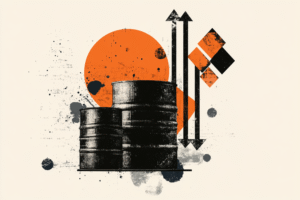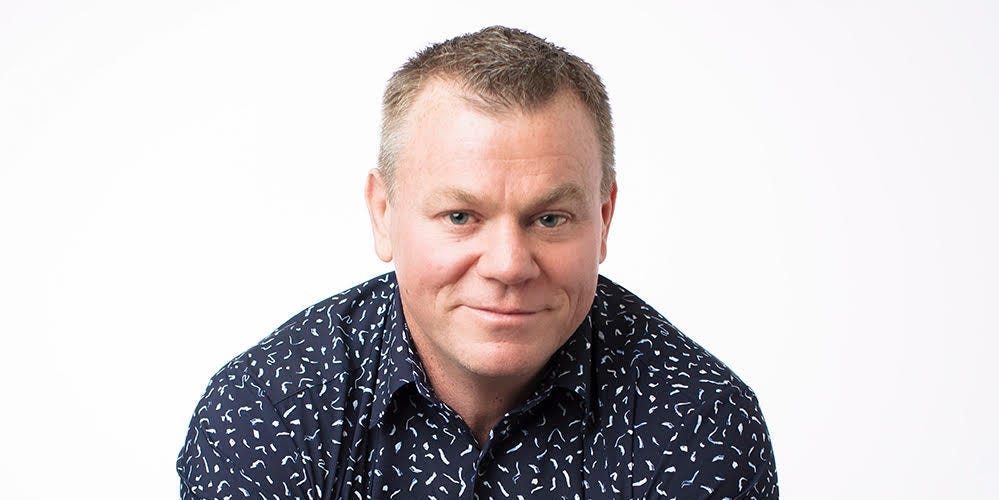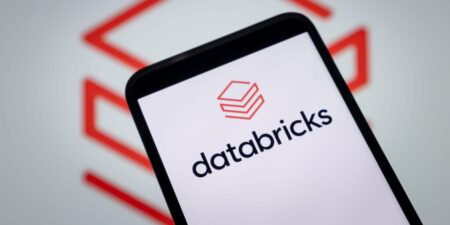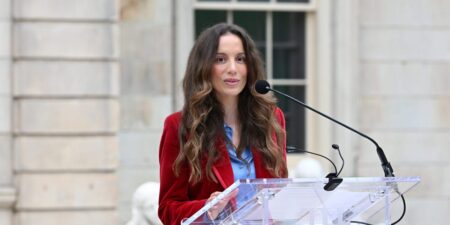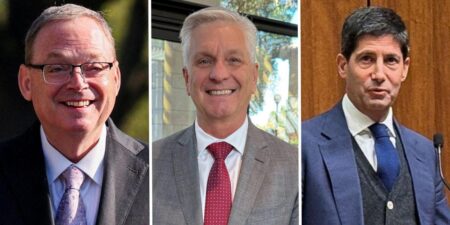This as-told-to essay is based on a conversation with Daniel Ramsey, the 47-year-old founder of MyOutDesk in Sacramento, California. It has been edited for length and clarity.
I’m the CEO and founder of MyOutDesk, a virtual assistant company that has served more than 8,000 companies. I’m also the founder and CEO of the nonprofit MOD Movement, a nonprofit dedicated to equipping communities with the essentials in education, housing, and economic empowerment.
Growing up in poverty fueled my career resilience as a serial entrepreneur. I founded MyOutDesk in 2008 after working in real estate and realizing that business owners were drowning in necessary administrative tasks. While initially a real-estate professional, contractor, developer, and mortgage broker, I sold and divested my other businesses to focus solely on MyOutDesk.
My net worth is around $100 million, and I make more than $1 million a year in salary. I’m both saving money for my children, ages 4, 9, and 12, and teaching them how to invest properly.
I share my entrepreneurial tenacity to help guide my children’s futures
I’ve learned the importance of time and compounding interest. If I could go back to my 18-year-old self, I would’ve put part of every check into a brokerage account, like an IRA. Had I done that, my net worth would likely be double what it is.
All three of my children have brokerage accounts with Roth IRAs. They also have their own bank accounts and opportunities to earn money. They have their own savings accounts where they save their money: 1/3 for savings, 1/3 for spending, and 1/3 for a charitable cause.
I believe the Roth IRA serves as an exercise to teach the kids to set aside money and see how fast it will grow with compound interest over time. We discuss as a family how this creates significant gains over time.
They already make investment decisions to set them up for long-term success
Each year since starting the accounts for them, I’ve contributed the maximum allowed for a Roth IRA, which is $7,000 for 2025. Since our kids were young, they have created ways to earn money. Our job as parents is to show them slowly how to manage money and investments.
My eldest, for example, has invested in Disney since she was 5. She also owns shares of Amazon and Berkshire Hathaway. When she receives her paycheck, I sit with her to invest in her Roth IRA and discuss her next investment.
By about the age of 13, we’ll start allowing our children to take over some of their finances and make decisions with parental guidance. (We don’t allow them to invest in companies we don’t agree with as of now.) This will help give them the autonomy they crave and teach them to make financial decisions and mistakes on their own so they’re prepared when they reach adulthood.
Here’s my best advice for parents setting up investment accounts for their kids
Prioritize togetherness and education, both financial and emotional. While creating a financial umbrella can be helpful, it’s far more beneficial to teach them strong core values, ensuring they know how to work hard and be good people. Social, intellectual, relational, and emotional capital are vital to raising independent and successful children who can properly manage their money.
Financial education is also important. Wealth can be a weapon or a tool, and without the proper knowledge, it can be very destructive. When I set up investment accounts for my children, I spent time helping them understand what to do with their money and how to use this wealth to serve others, making sure they use money as a tool that meets their values.
Make sure your kids know their investment options, too
The most common mistake I see parents make is failing to educate their kids on the choices they’re making and the accounts they’re selecting.
First, parents have to understand the account they are making. A Roth IRA, for example, is in the kid’s full control when they turn 18. If they aren’t educated on wealth management, they can easily blow through their investments.
Conversely, a trust in which the parent has complete control can feel too restrictive for your child as they enter adulthood. Ultimately, it’s important to include and inform your children from an early age to ensure a smooth transfer of wealth and that they honor this incredible gift.
We started an annual daddy-daughter trip with our kids at six, customizing each trip to our child’s interests
My eldest is intellectual, but my middle child is more experiential, so I meet them where they are. This trip is a chance to connect and have these early — and regular — conversations about money that are age-appropriate. As they get older and become more self-actualized, I increase the level of conversation.
My oldest invested in Disney when she was 5, and I took her to her first shareholders’ meeting and introduced her to the stock market. Here, she was able to ask Bob Iger a question, which piqued her interest in investing.
We do talk about investments that are in their Roth IRA as a family. We have an annual trip to Disneyland, where they can act, touch, and feel the company, and give us a chance to discuss the stocks and investments.
10 years ago, I knew nothing about generational wealth
I was determined to raise my children to be responsible humans who were empowered to pursue what they loved while being contributing members of society. I also didn’t want my wealth to hinder their future.
Since then, I’ve read many books on wealth, such as “Rich Dad Poor Dad” and “The Richest Man in Babylon,” listened to every podcast I could find, such as “Acquired” and “All-In-Podcast,” and met with peer groups of ultra-high-net-worth individuals through R360 Global. In the beginning, I was looking for a shortcut, but I kept coming back to education.
While there are no shortcuts, one of the most important lessons I’ve learned is that a financial umbrella will only take your children so far. Embracing those core values, spending time with them, and teaching them what to do with their money when they have it is far better than simply creating an investment account.
Read the full article here



